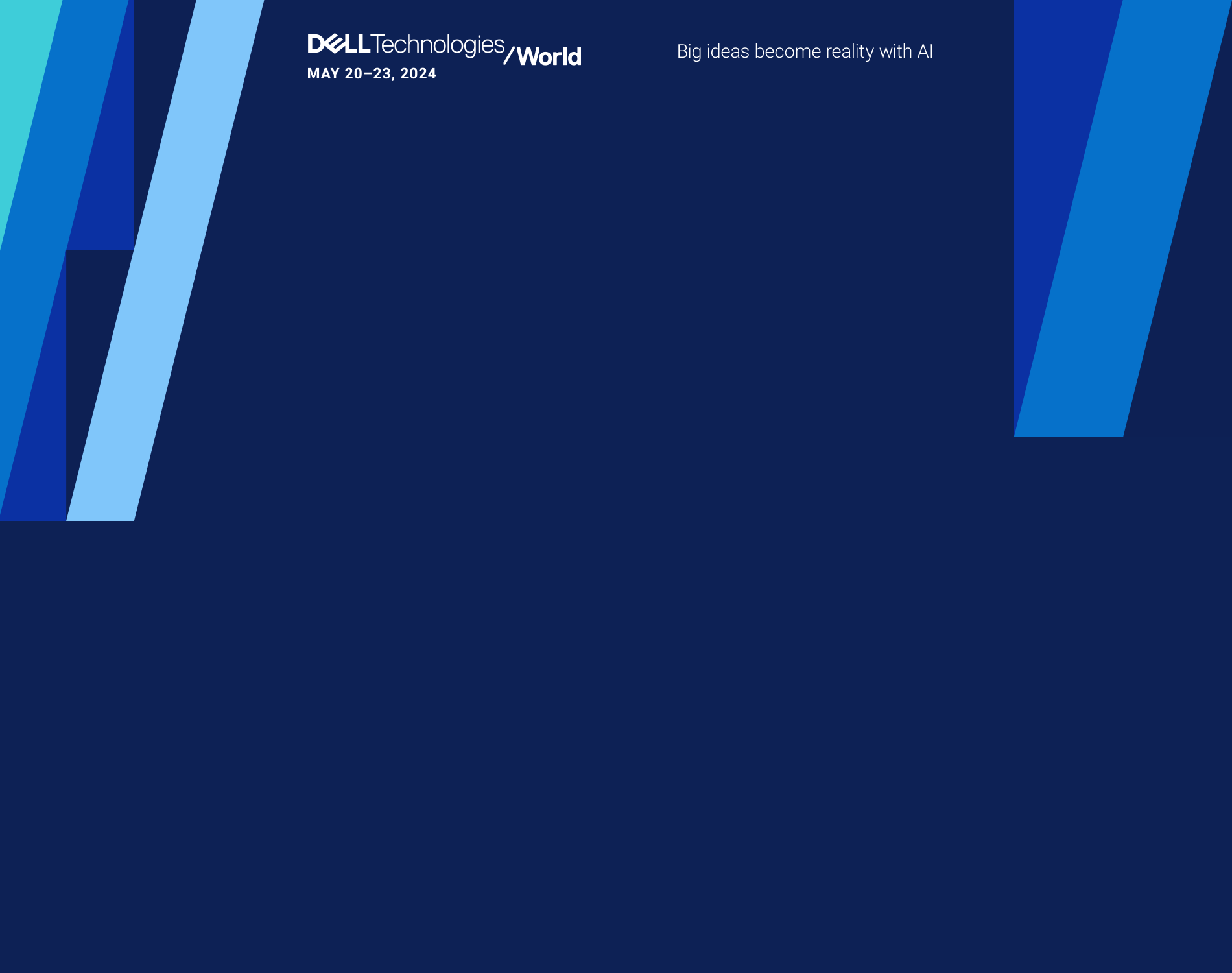On June 15, 2015 the Consumer Watchdog group from Santa Monica, CA addressed a petition to the FCC regarding the way “edge” providers honor the “do not track request”. By “edge providers” the group has in mind entities such as Google, Facebook, YouTube, Pandora, Netflix, or LinkedIn. The “do not track request” concerns the expressed individual option that a person’s web presence would not be tracked and his/hers webpages data would not be counted for analytic purposes.
Appreciating that the Federal Communication Commission created a temporary gap by forbearing from the application of the current CNPI regulations where broadband Internet access service providers were concerned, Consumer Watchdog requested a more enhanced consumer protection.
The FCC exception seemed necessary because the regulations in cause were destined for basic telephonic services that did not reflect any more the current status of technological advance linked to modern telephonic communications – CW elaborated. Nevertheless, the online tracking and data collection reiterate the privacy issue, and in the Group’s view, this creates a critical need for net neutrality regulations.
As a legal argument, CW used the fact that on 12 March 2015 the FCC released the 2015 Open Internet Order text containing new rules in what net neutrality is concerned, as well as a reclassification of Broadband Internet access services (ISPs) as telecommunication services – making the carriers fall under the Section 222 of the information protection measures.
Fast forwarding to November 2015, we have now the official FCC answer to this petition from June.
This Federal Communication Commission decision dating 6 November puzzled some of the concerned parties. Basically, the Commission qualified CW’s request for further regulations on the “do not track” issue as surpassing its jurisdiction. Internet services were viewed as separate from Internet connections. Companies such as the ones CW pointed out in their petition are providing services rather than connections – said the Commission – and therefore their activities fall outside the regulatory pool.
Consumer Watchdog declared that they would continue the pursuit in requesting do not track regulations similar to the national “do not call” list. Such a directory would offer Internet users the possibility to opt-out of third-party tracking. If properly enforced by regulations, this do not track opt-out option would have to be honored by the giant tech companies.
For the moment, the FCC decision looks like a privacy blow. It is however a temporarily choice not to adopt Section 222 mentioned above until determining how it will be applied to the Internet service providers. Therefore the core issue it not as much clarified as it is postponed.
One of the details in this privacy fight would be that, although qualifying broadband as an utility, the FCC did not have in mind an extended utility-like control over the content and apps provided, nor over the policy of data collection and tracking that is associated with utilizing Internet content. The fact that Web services are in fact interactive and expanding in structure and capabilities is fueling the regulation gap, as well as the antagonist positions of the companies versus the consumer protection entities.
The expanding Internet horizons and the necessity of “do not track” regulations
Looking back at the online news of FCC’s reclassification from February/March 2015, we may see that the debate circled around net neutrality and/or the freedom of expression. The older freedom of expression argument (previously used for the printed press) migrated towards the ever-expanding horizons of the World Wide Web.
This opens up a very sinuous discussion on net neutrality, heuristic developments in the new virtual spaces and digital and fundamental rights.
Those who benefit from the organically acquired advantages in this new world are not willing to give up their dominance – why would they? Giant tech companies that have practically created or developed the Web as we know it today find that collecting customer data is a fair and negligible “fee” in exchange for people utilizing this globally-available amazing virtual structure.
What has suddenly changed – one may ask? Well, the capability of collecting and processing user data has hugely increased. Artificial Intelligence (AI) programs and automation software harvest and interpret vast amounts of data. Equally, the data collecting terminals have multiplied – mobile devices and wearables make possible a radiography of user likes and dislikes, behavior and thinking processes like never before.
This is all the best for the companies that rely on such data when structuring marketing campaigns or even product concepts. The fruits of progress and technical advancements reflect here in this field as they would in any other area. Still, there are some interesting annotations to this:
- Such an infinity of opportunities demands structured regulations in order to keep the business ethics in place. Dominance is not good for any business once it expands over a limit and pervades the entire environment with lack of equilibrium and rules.
- The raw material for this entire data frenzy is the consumer, be it a person or a company represented by a person. At this “endpoint” there is such a thing as “too much”. As we have recently seen, too much advertising on the Web lead to ad blockers (and, as some argued, it previously lead to users ignoring ads by default, due to the phenomenon of market saturation). Following the same logic, too much tracking and market-ization when it comes to user behavior might result in a similar negative effect.
- Ignoring the people’s voice has proved to produce adverse effects countless times in history. The right of opting out by making use of the do not track system in Internet interactions might be a much needed safety mechanism that would ensure that customers remain satisfied and in control, so they may be subsequently willing to actually engage in further consensual interactions.
The recently adopted European net neutrality rules might prove a useful comparison when it comes to regulating the Internet environment. Considered as the beginning of a “multi-speed Europe”, the EU rules feature bans in what concerns traffic priority charges. They also allegedly offer enhanced privacy protection. Nevertheless, the main issues are not necessarily resolved and it remains to be seen how the rules would translate into practice – the critics argue in this case that faulty general ruling may prove less efficient than case-by-case decisions on web privacy matters.
























































